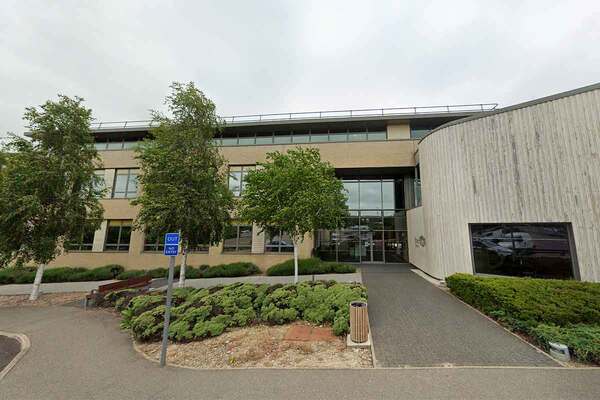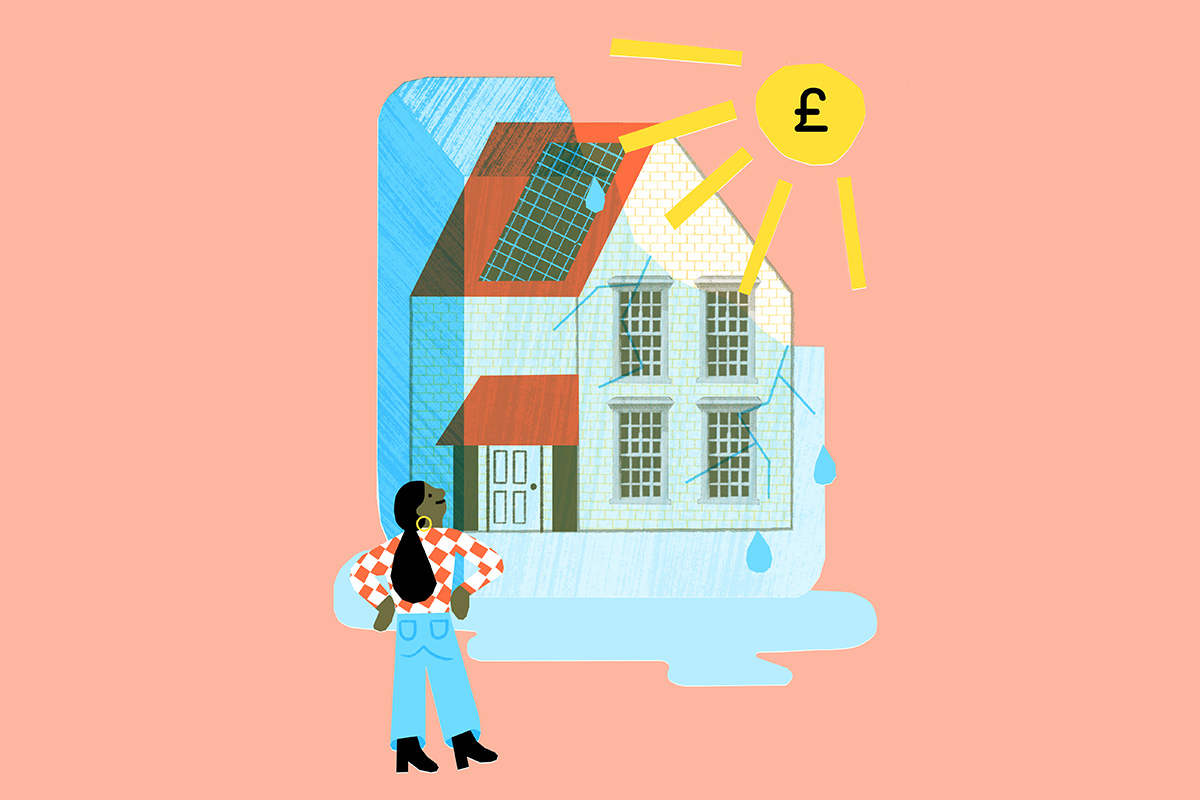You are viewing 1 of your 1 free articles
How housing associations can help tackle loneliness
The government has appointed a minister for loneliness for the first time. Here, Grahame Hindes explains how the sector is ideally placed to help tackle the root causes of the problem.
This article was originally published on 14 December
In early December Octavia opened a new community space – The Reed in North Kensington – for local people to learn new skills, enjoy activities with others and, perhaps most importantly, socialise.
Of itself this is not particularly newsworthy; in fact providing this sort of facility is something we have been doing for 150 years.
But what is telling is just how important this sort of function continues to be.
We are currently facing a ‘crisis of loneliness’, according to the Jo Cox Commission on Loneliness, which is reporting this week.
It reports that loneliness should be seen as the new social epidemic, as the traditional institutions that once bonded communities together have fallen away, leaving more of us increasingly disconnected from other people and spending more and more time alone.
“The traditional institutions that once bonded communities together have fallen away.”
To meet the challenge, the commission recommends adopting new ways of supporting people, not through top-down state intervention but in small ways that enable people to build their own social networks and feel connected with those around them.
The commission’s findings are strongly supported by a survey we commissioned through Ipsos MORI among Londoners and undertaken to coincide with the launch of The Reed.
A sample of nearly 500 individuals were asked about their experiences of loneliness.
More than a quarter of people surveyed said there were times when they lacked companionship, felt left out or felt isolated from others.
A sizeable number (7%) said they often felt isolated – a figure that translates into more than half a million Londoners in total. And we are not just talking about older people.
The results hold for all age groups, with no significant age differentials in the percentage of people reporting feeling lonely.
“There is a wealth of evidence on the harm that loneliness can do to a person’s health and well-being.”
There is a wealth of evidence on the harm that loneliness can do to a person’s health and well-being. It is an emotionally damaging, low-level mental health issue that eats away at confidence, self-esteem and physical health. This can significantly reduce sufferers’ quality of life and drive them towards seeking the support of health services.
And while the causes of loneliness are difficult to define simply, they often include a sense of disconnection with community, inability or lack of opportunity to meet and get to know others, and a lack of access to dedicated physical space for socialising.
Which is, of course, where housing associations can make a difference – uniquely placed as we are to take positive steps to help address some the root causes.
Associations – embedded within communities, with the know-how, infrastructure and the means to reach out to people – can create opportunities for people to support themselves, become more connected within their communities, and ultimately become more resilient.
At The Reed, we have worked with other local organisations to rebuild and reimagine a former day centre for older people, creating a lively space with facilities and activities for both the young and old.
A day centre during the day and a digital youth club in the early evening, these are purposely designed spaces for other activities and there is a community café.
“Housing associations can offer much more than just development capacity.”
Octavia’s ambitions include some challenging targets for new development. But they also include reaching out, not only to our own residents and service users, but also to the wider local community, using our physical assets to build social capital in the communities where we work.
Designed to be at the heart of its community, The Reed is a great example of how housing associations can offer much more than just development capacity.
Grahame Hindes, chief executive, Octavia










